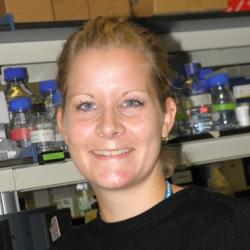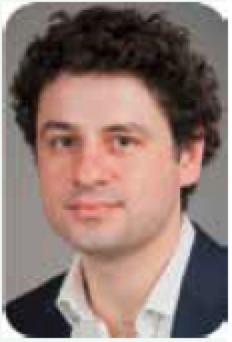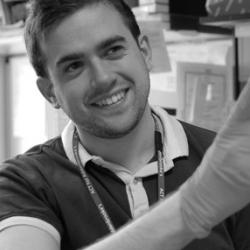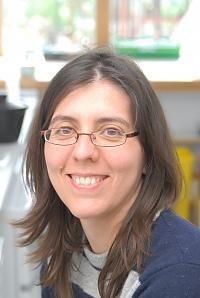The complex effects of genotype on phenotype in immunology
 Every immunologist makes use of genetics at some level but the wealth of expertise and knowledge in Cambridge makes it an ideal environment for studying the complex effects of genotype on phenotype in immunology. Collaboration with the Sanger Institute has been a particular strength as immunologists have exploited emerging genome sequences. For example, there is expertise in the functions of polymorphic gene complexes such as the Major Histocompatibility Complex, Natural Killer Cell receptors and Immunoglobulin receptors which have a marked effect on disease susceptibility. Cambridge has been particularly successful in the area of complex multigenic diseases, include the autoimmune diseases such as type 1 diabetes. These studies incorporate work from groups looking at human populations as well as mouse models. To understand how genes influence disease Cambridge immunologists make use of a wide range of techniques, including molecular biology, cell biology, imaging, biochemistry, structural biology, bioinformatics and evolutionary studies. This offers opportunities for many collaborative interactions, including the departments of Biochemistry, Medicine, Pathology, Genetics and Veterinary Medicine and Institutes such as Babraham, the MRC-LMB and the CIMR.
Every immunologist makes use of genetics at some level but the wealth of expertise and knowledge in Cambridge makes it an ideal environment for studying the complex effects of genotype on phenotype in immunology. Collaboration with the Sanger Institute has been a particular strength as immunologists have exploited emerging genome sequences. For example, there is expertise in the functions of polymorphic gene complexes such as the Major Histocompatibility Complex, Natural Killer Cell receptors and Immunoglobulin receptors which have a marked effect on disease susceptibility. Cambridge has been particularly successful in the area of complex multigenic diseases, include the autoimmune diseases such as type 1 diabetes. These studies incorporate work from groups looking at human populations as well as mouse models. To understand how genes influence disease Cambridge immunologists make use of a wide range of techniques, including molecular biology, cell biology, imaging, biochemistry, structural biology, bioinformatics and evolutionary studies. This offers opportunities for many collaborative interactions, including the departments of Biochemistry, Medicine, Pathology, Genetics and Veterinary Medicine and Institutes such as Babraham, the MRC-LMB and the CIMR.











































